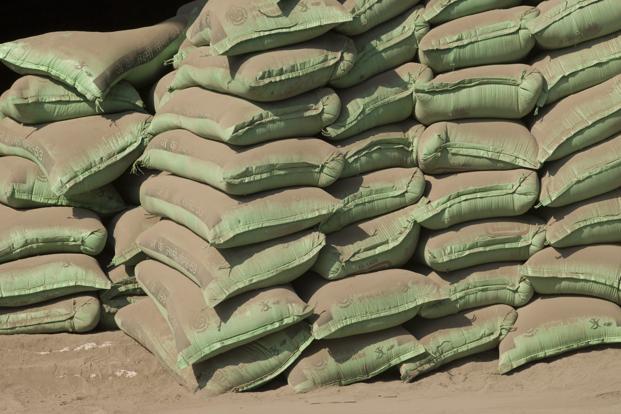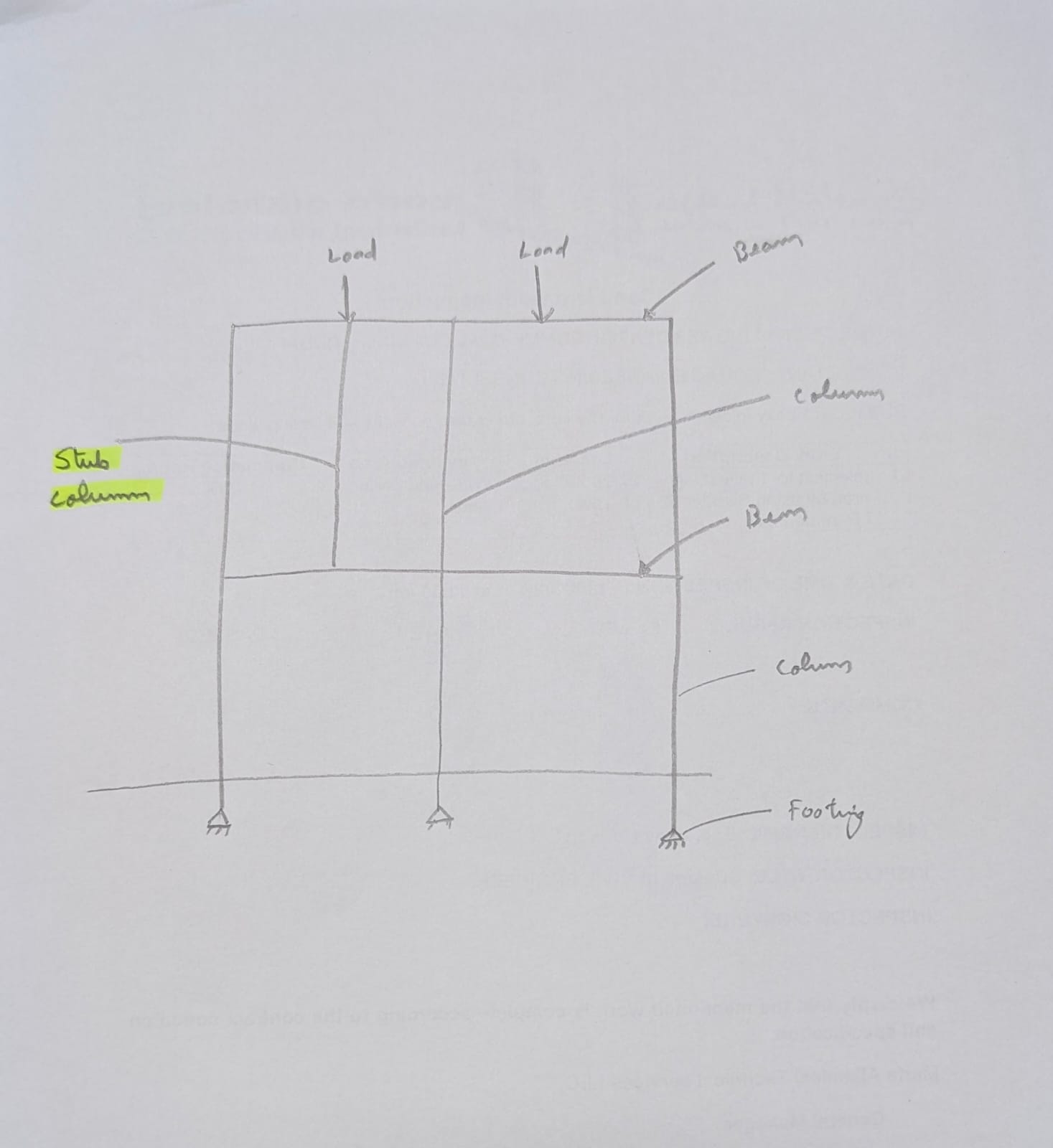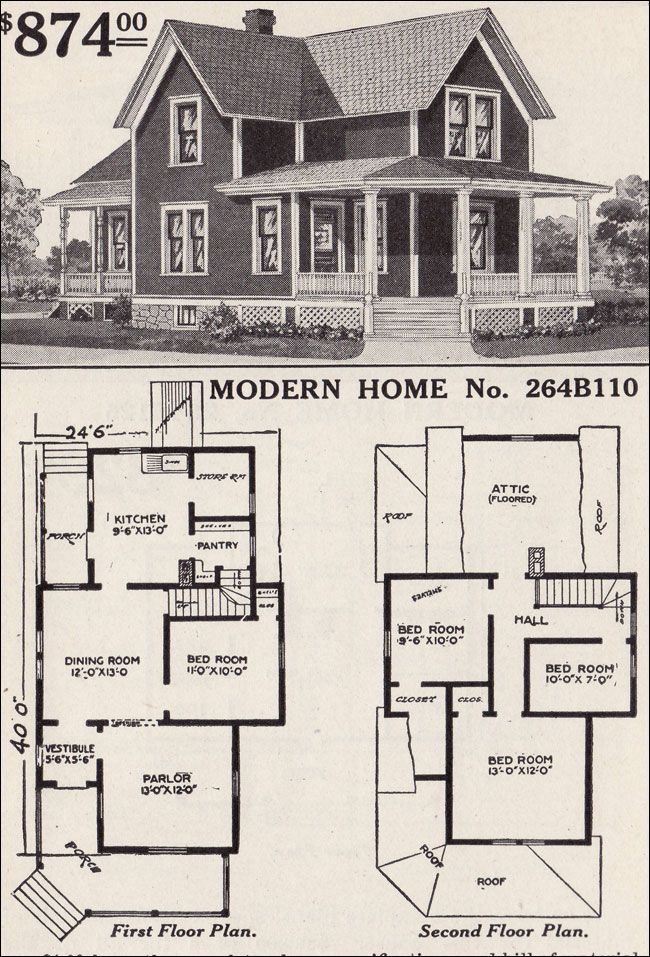Different Types of Cements in India
Different Types of Cements in India
The different types of cements available are
Ordinary Portland cement
These are available in many grades , namely 33 grade , 43 grade, 53 grade etc If 28 day strength is not less than 33N/mm2 then it is called 33 grade cement. If 28 day strength is not less than 43N/mm2 then it is called 43 grade cement. Use of higher grade cement offers many advantageous for making stronger concrete. Although they are little costlier than the low grade cement, they offer 10 to 20% saving in the cement consumption and also they offer many other hidden benefits. One of the most important benefits is the faster rate of development of the strength. Used for the ordinary works.
Rapid hardening cement
As the name indicate it develops the strength rapidly. This cement develops at the age of three days , the same strength as that expected of Ordinary Portland cement at seven days. The rapid rate of development of the strength is due to the higher finess and higher C3S and lower C2S. Used for the Road repair work, Early removal of the formwork, Cold weather concrete.
Sulphate resisting cement
Ordinary Portland cement is sucessible to the sulphate attack. Sulphate react with the free calcium hydroxide to form calcium sulphate and the hydrate of calcium aluminate to form calciumsulphoaluminates., the volume of which is approximately 227% of the volume of the original aluminates. Their expansion results in cracks. To remedy this the use of the cement with the low C3A is recommended. Such cement with the low C3A and content is known as the Sulphate resisting cement. Used for Marine condition, Foundation in soil infested with sulphates, Concrete used for the fabrication of pipes etc
Quick setting cement
As the name indicates this type cement set quickly. This property is brought out by reducing the gypsum content at the time of the clinker grinding. This cement is required to mix, place and compacted very easly. Used for the underwater construction.
Super sulphated cement
Super sulphated cement is manufactured by grinding together a mixture of 80 to 85 % of the granulated slag, 10 to 15 % of the hard burnt gypsum, and 5% Portland cement clinker. This cement is high sulphate resistant. Because of this property it is used for the Foundation where chemically aggressive condition exists.
Low heat cement
Hydration of the cement is exothermic process which liberates high quantity of the heat. This will cause the formation of the cracks. A low heat evolution is brought by Reducing the C3A and C3S which are the compounds evolving the greater heat of hydration and increasing C2S. Rate of evolution of heat of hydration will therefore will be less and evolution of heat will extend over a large period. Therefore Low heat cement rate of the development of the strength is very low. Used for the mass construction works
Portland Pozzolona cement
Portland Pozzolona cement is manufactured by intergrinding OPC clinker with 10 to 25% of the Pozzolona material. Portland Pozzolona cement produces low heat of hydration and offer greater resistance to the attack of the aggressive water than OPC. Used for the mass construction works, marine and hydraulic works.
Air entraining cement
This cement is manufactured by mixing small amount of the air entraining agent with the OPC clinker at the time of grinding. At the time of mixing this cement will produce air bubbles in the body of the concrete which will modify the properties of the plastic concrete with respect to the workability, segregation and bleeding
Coloured cement
Coloured cement consists of the Portland cement with the 5 to 10 % of the pigment. The cement and the pigment is grinded together.
Hydrophobic cement
This cement is manufactured by grinding the OPC clinker with the water repellent film forming substance. The water repellent film formed around each grain of the cement reduces the deterioration of the cement during the long storage, transportation and unfavorable conditions. Water repellent film formed will also improve the workability
Expansive cement
Concrete formed using the OPC shrinks during the setting due to the loss of the water. In grouting works if concrete shrinks the purpose for which the grout is used will be to some extend defeated. A slight expansion with time is advantageous for the grouting works. This type of the cement which does not suffer an overall change in the volume on drying is known as the Expansive cement. This cement is manufactured by using an expansive agent and a stabilizer



Interesting information. Thanks for sharing.